Leveraging Emotional Intelligence (EI) is a critical skill for your workplace success. EI refers to the ability to recognize and understand emotions, in oneself and in others and to effectively manage and navigate them. As a result, individuals with high emotional intelligence excel in communication, collaboration, and leadership. More and more, employers are looking to hire skilled emotionally intelligent people for their organizations. In this article, I’ll share why leveraging this skill is crucial to your career.

Leveraging Emotional Intelligence Helps Build Stronger Interpersonal Relationships
Emotional intelligence helps you to build strong interpersonal relationships with co-workers, superiors, and clients. By understanding and empathizing with others’ emotions, you can communicate more effectively, resolve conflicts, and foster a positive and supportive work environment and culture. Strong relationships not only enhance teamwork, but they create chances to work together and aid career growth.
More Effective Communication
Emotional intelligence enhances your communication skills by enabling you to understand non-verbal cues, tone of voice, and underlying emotions. You can adapt your communication style to suit different individuals and situations. This leads to clearer and more impactful interactions. Effective communication fosters mutual understanding, trust, and respect. It makes team collaboration and cooperation easier to accomplish.

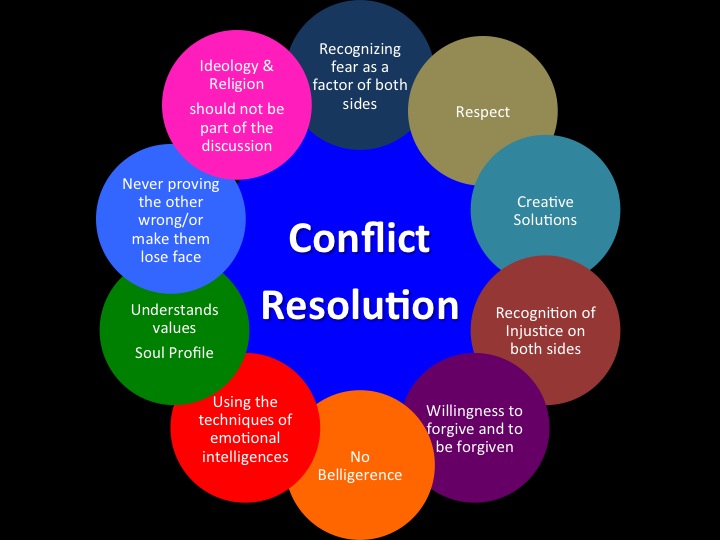
Conflict Resolution
Workplace conflicts will always occur; however, having emotional intelligence gives you the ability to manage and bring conflicts to a close constructively. When you make an effort to understand others’ perspectives and emotions, you can navigate difficult conversations with empathy and find “win-win” solutions. This skill is highly valuable when working in diverse and multicultural environments.
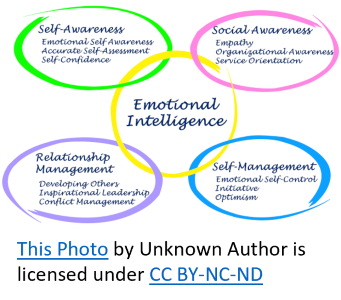
Your Emotional Intelligence Comes From Self-Awareness and Self-Management
Emotional intelligence starts with self-awareness — the ability to recognize and understand one’s own emotions, strengths, and weaknesses. Furthermore, by developing self-awareness, you learn how to manage your emotions more effectively. Try to find ways that help you to stay calm under pressure. Staying calm and clear headed will help you to make more informed decisions. Self-management involves controlling impulsive reactions, adapting to changing circumstances, and maintaining a positive attitude even in challenging situations.
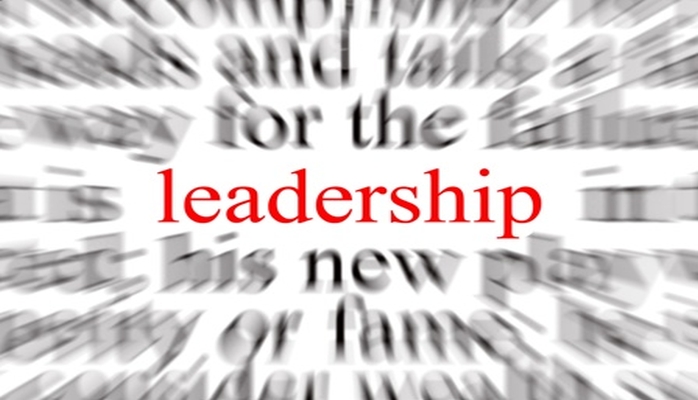
Leadership and Influence
Leaders with high emotional intelligence inspire and motivate their teams. They build trust, rapport, and lead by example. Because they understand and can manage team members’ emotions, emotionally intelligent leaders create a positive work culture, boost morale, and drive performance.
Finally, here are some practical tips that will help you to further develop your EI:
- Practice active listening and empathy to better understand others’ emotions and points of view.
- Increase your self-awareness through self-reflection. Journal or seek feedback from trusted colleagues.
- Manage stress through self-care practices, such as mindfulness, exercise, and maintaining a healthy work-life balance.
- Develop emotional resilience by reframing challenges. Seek support when needed. Try to maintain a positive mindset.
- Continuously look for opportunities for personal and professional growth. This will enhance your skills and promote your sense of well-being.
In conclusion, remember that emotional intelligence is a skill that can be developed and honed with practice. By leveraging it in the workplace, you can improve your relationships, communication, and leadership abilities — and ultimately propel your career to new heights.
Adrienne Bitoy Jackson, BSBA, MS. Ed, PMP, President & CEO of Heuristics Marketing Consultants, LLC is an inventive, effective, resourceful thought leader, writer, coach, mentor, project manager, change agent, and former public administrator with 25+ years’ experience with government entities, professional associations, nonprofit faith & community-based organizations, and educational institutions. Designated a well- qualified Senior Public Service Administrator/Executive I, and high-level Social Service Program Planner by the State of Illinois; she is a professional development advocate skilled in capacity building, marketing communications, and organizational development and a winner of the City of Chicago’s Kathy Osterman Award for Outstanding Professional Excellence.


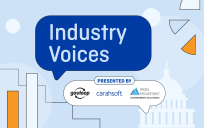
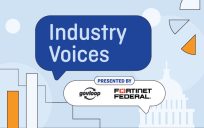

Leave a Reply
You must be logged in to post a comment.